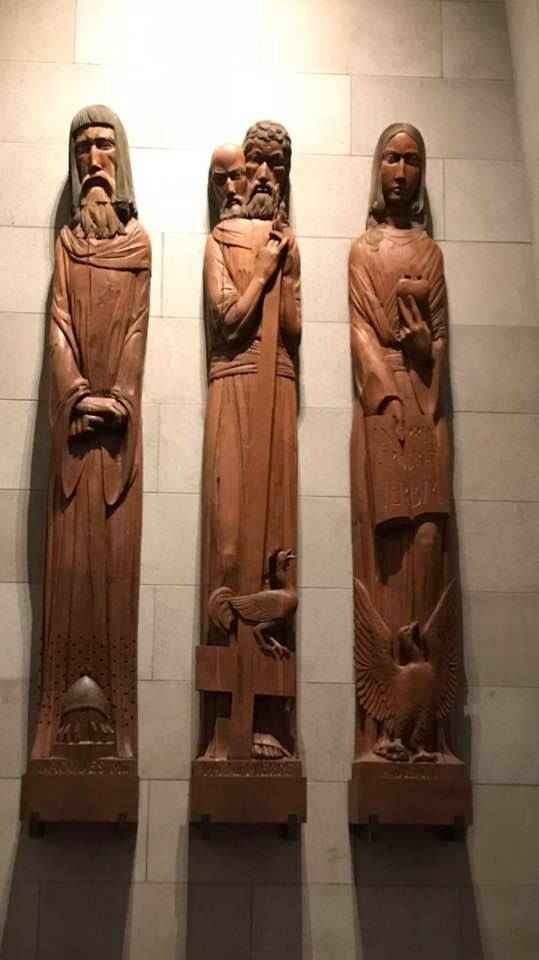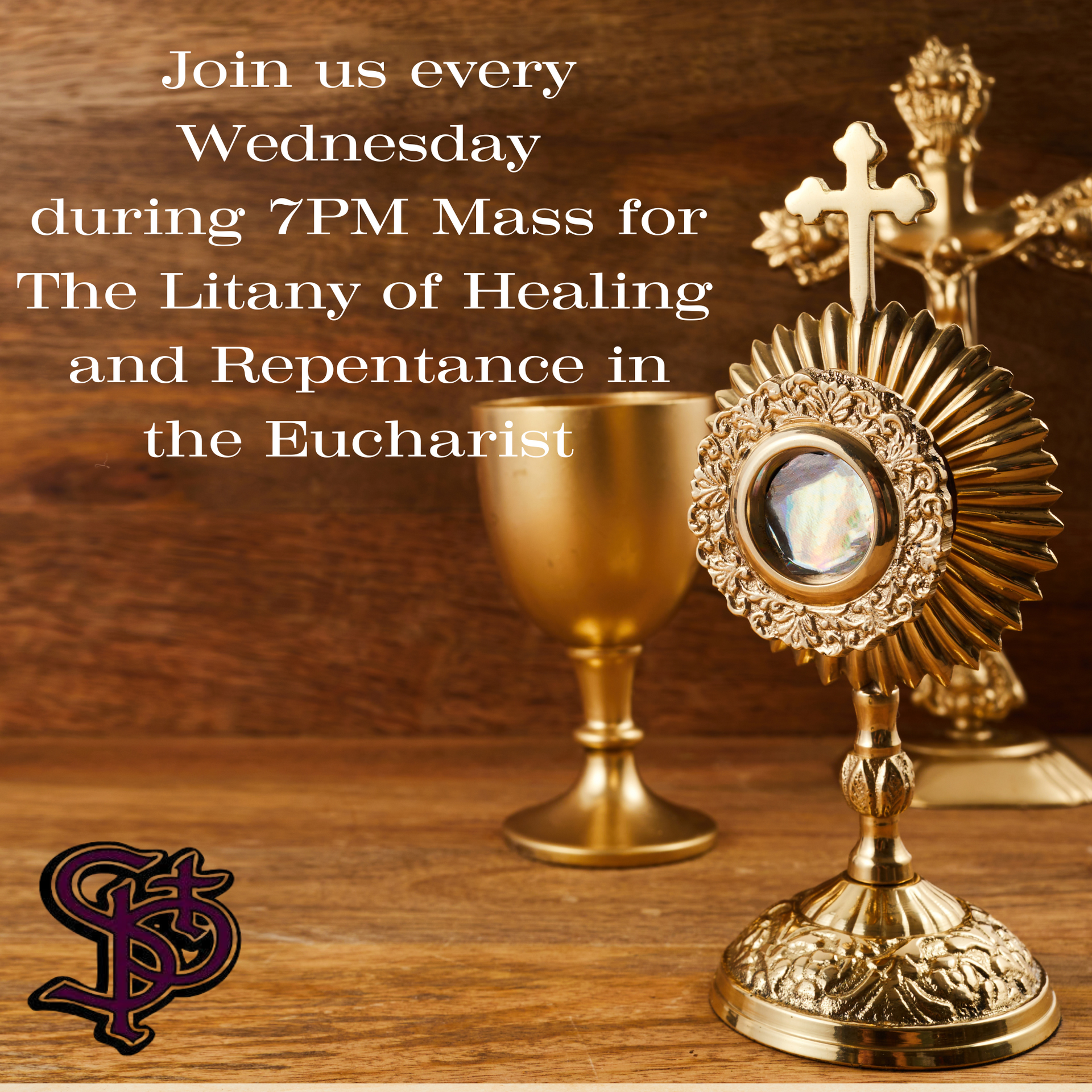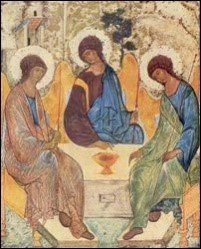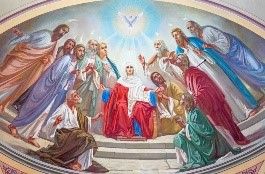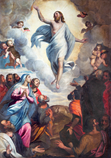Rocks to build the Church
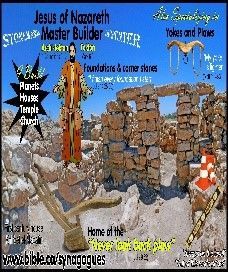
Joke: The rich businessman Raymond goes to meet his new son-in-law-to-be, Ben. He says to Ben, "So, tell me Ben my boy, what you do?" "I study Theology," he replies. "But Ben, you are going to marry my daughter, how are going to feed and house her?" "No problem," says Ben, "I study Theology, and it says God will provide." "But you will have children, how will you educate them?" asks Raymond. "No problem," says Ben, "I study Theology, and it says God will provide." When Raymond returns home, his wife anxiously asks him what Ben is like. "Well," says Raymond, "he's a lovely boy. I only just met him and he already thinks that I'm God."
Just as Ben portrays God as a person who provides everything for his future spouse, how do we perceive God in our Christian life? Jesus himself asks his disciples in today’s Gospel, “Who do you say that I am?” He also asks us, who do we say that he is? How do we portray the person of Jesus in our Christian life? To answer this question, let’s dive into today’s readings that the Church put together in today’s liturgy.
In today’s first reading, taken from the book of the prophet Isaiah, Isaiah says, “Thus says the LORD to Shebna, master of the palace: “I will thrust you from your office and pull you down from your station. On that day I will summon my servant Eliakim, son of Hilkiah; I will clothe him with your robe, and gird him with your sash, and give over to him your authority.” Who is Shebna? Why does the Lord thrust him from his office, and what happens to him? He is a tender youth, and treasurer over the house in the reign of King Hezekiah, governor of the palace. Shebna has a conspiracy together with his college to go against the house of David, and this is why the prophet Isaiah reports the words of the Lord to Shebna. R . Jose b. Hanina, a Jewish Torah scholar infers that Shebna was punished with leprosy because of his conspiracy to go against the house of David. God in the Old Testament was the One who punished those who went against him or disobeyed him.
Paul, on the other hand, acknowledged the almighty hand of the Lord firmly stated in his letter to the Romans that was reported in today’s 2nd reading saying, “For from him and through him and for him are all things.” In other words, it is from Christ, through Christ, and for Christ, all things have come into existence. Paul, the servant of God, unlike Shebna, who didn’t recognize the almighty hand of the Lord was with the house of David which led him to be expelled from the palace and suffer from leprosy just as Jewish Torah scholar, Jose Hanina, pointed out in his writing.
What happened to Jesus’ disciples reported in today’s Gospel? Who did people say that Jesus is? Simon represented his brothers and said, “You are the Christ, the Son of the living God.” Regardless of what people said he is John the Baptist, others Elijah, still others Jeremiah or one of the prophets, Jesus’ disciples believed that he is Christ, the Son of the living God. Jesus’ disciples listened and followed him which helped them recognize who Jesus is. If this question is posted to each one of us, who are called Christians, who do we say that Jesus is? How do we answer this question?
When we profess that Jesus is the Christ, the Son of the living God, do we mean that he is living among us or it’s not just in words and theory? If he is living among us, do we remember to come to him on our knees when we see war and violence, terrorism and disease, disaster and destruction, broken marriages and destructive families, pandemics, and many other forms of decay? Who do we say Jesus is? Is he just like any other prophet in the Old Testament or he is the one that, like Saint Paul said in today’s second reading, that for him, from him, and through him we have our being and everything? Since for Christ, from Christ, and through Christ we have our beings and everything, do we come to him with all our beings or do we place more weight on our material possessions and our career rather than focus all our lives on Christ, the Son of the living God? For instance, a child of parents entrusts all his care to his parents since he cannot do anything himself. It is only from his parents that he receives protection, nurture, and care to grow up. So, it is only from Christ, for Christ, and through Christ that we have our beings and everything. This then “To him be glory forever” is the most and foremost acknowledgment we need to have to portray Jesus as Christ, Son of the living God in our Christian life.
Jesus’ disciples, described in today’s Gospel, recognized Jesus as Christ, the Son of the living God, because they listened and followed him. It was not the flesh and the blood that revealed this to them, but His heavenly Father. Therefore, Jesus says to Simon, “You are Peter, and upon this rock, I will build my church, and the gates of the netherworld shall not prevail against it.” Brothers and sisters, each of us is a little rock that we are called to build the Church of God, to make his Person, Christ, Son of the living God, present in our Christian life. How we bring this about is a question for each of us to meditate upon today’s readings. Are we willing to use our little rock which is our talent, time, and treasure to build the Church, even though we live in our modern world with difficulty in differentiating right from wrong and true from false to make Jesus present in our life as Christ, the Son of the living God? Do ourselves a favor and ask ourselves: Am I a rock, a rubber, mud, sand, wood, or whatever material that is to come to build the Church here on earth? Are we willing to be a rock to come together to make Jesus Christ, the Son of the living God present in our Christian life? What might be a stumbling block to stop us from building our Church here on earth? The decision is yours.



